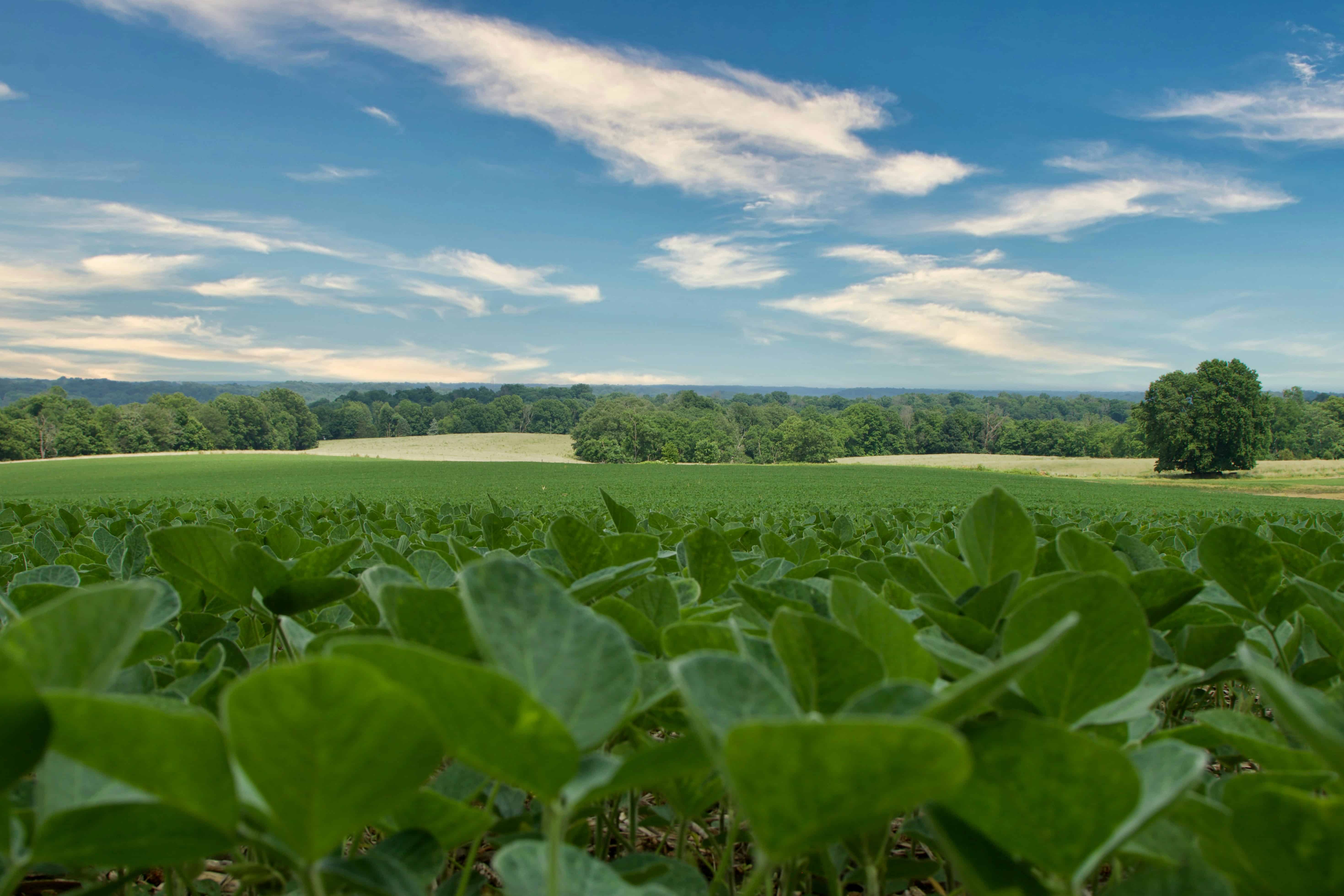Key Takeaways:
- Dr. Caio Canella Vieira of the Arkansas Agricultural Experiment Station received a $791,000 USDA-NIFA grant to develop soybean varieties resistant to southern root-knot nematodes (SRKN).
- The three-year project focuses on identifying resistance genes, exploring genetic diversity, and creating high-performing soybean populations.
- The initiative seeks to provide sustainable solutions for managing SRKN, a growing threat to U.S. soybean production.
Grant Focus: Combating a Devastating Pathogen
With funding from the U.S. Department of Agriculture National Institute of Food and Agriculture (USDA-NIFA), Dr. Caio Canella Vieira’s team is launching a comprehensive research project to tackle the growing challenge of SRKN in soybeans. This three-year project will focus on developing soybean lines with genetic resistance to southern root-knot nematodes, ensuring farmers have effective, sustainable tools to protect their crops.
“Genetic resistance is the most sustainable approach to managing this problem and sustaining soybean production,” Vieira said.
Objectives of the Research
The research, funded under USDA-NIFA's Agriculture and Food Research Initiative, addresses SRKN’s growing impact on soybean yields, particularly as the pathogen spreads to northern U.S. states. The grant will support the following objectives:
- Identify the Resistance Gene:
- The team will work to pinpoint the specific soybean gene regulating southern root-knot nematodes resistance.
- Understanding the gene’s function and its interaction with the pathogen will be critical to creating effective resistance mechanisms.
- Discover New Genetic Sources of Resistance:
- Hundreds of genetically diverse soybean lines from around the world—China, South America, Europe, and Russia—will be screened to identify novel sources of resistance.
- These efforts aim to expand the genetic tools available for soybean breeding programs.
- Develop High-Performing Resistant Soybean Lines:
- By combining multiple resistance sources, researchers will create soybean populations that are not only resistant to SRKN but also maintain high yields and agronomic performance.
“The goal is to have resistant and high-performing soybean lines,” Vieira said. “We want to develop tangible products ready for farmers to grow.”
Why This Research Matters
Southern root-knot nematodes has become a significant threat to U.S. soybean production, causing $172 million in damages in 2023 alone, with yield losses as high as 30% in susceptible crops. Traditional management methods, such as crop rotation and chemical treatments, have proven insufficient against the pathogen. This project focuses on genetic resistance, a more sustainable and effective long-term solution.
“Genetic resistance works like ‘crop insurance,’ protecting yields when nematodes are present without negatively affecting production when they are absent,” Vieira explained.
Collaboration and Support
The research is a collaborative effort involving experts in plant pathology, genetics, and entomology:
- Travis Faske, Extension Plant Pathologist, University of Arkansas
- Joanna Kud, Assistant Professor, Entomology and Plant Pathology, University of Arkansas
- Henry Nguyen, Professor of Plant Genetics and Biotechnology, University of Missouri
The project is supported by:
- The United Soybean Board
- The Mid-South Soybean Board
- The Arkansas Soybean Promotion Board
The Road Ahead
By identifying resistant genes and developing high-performing soybean lines, Vieira’s team aims to provide farmers with practical tools to combat SRKN. The project’s outcomes could significantly improve yield stability and profitability for soybean producers across the U.S. “The goal is to have resistant and high-performing soybean lines,” Vieira said. “We want to expand our knowledge of SRKN and develop tangible products that farmers can rely on.”
For more information about the research, visit the Arkansas Agricultural Experiment Station website.


